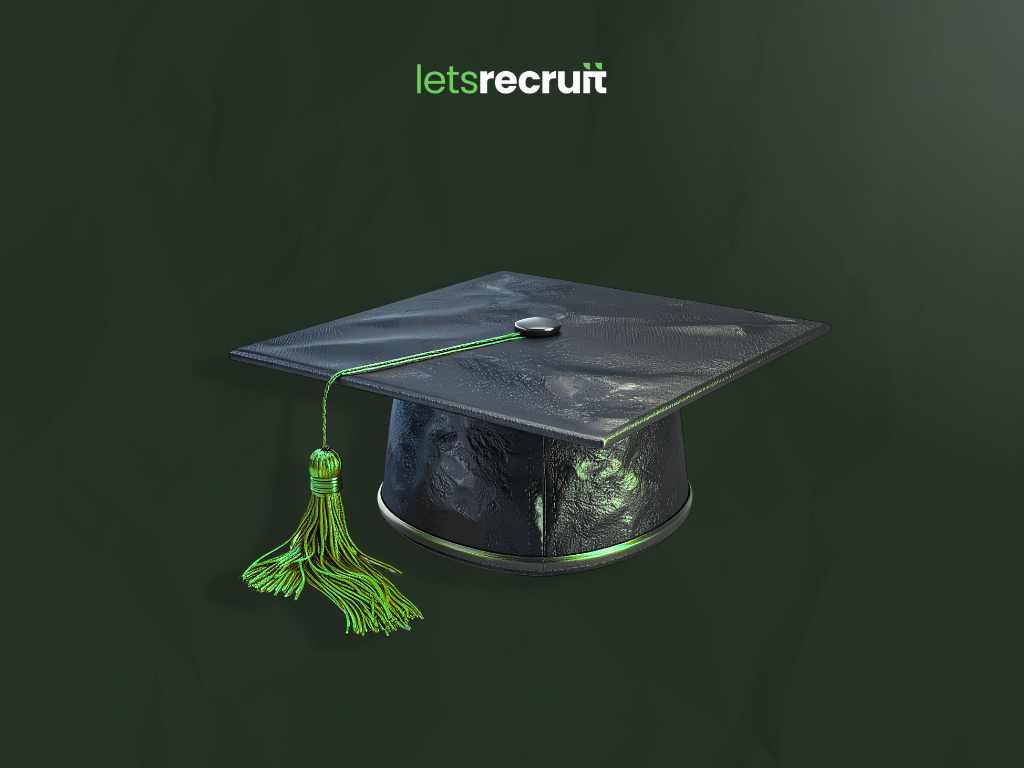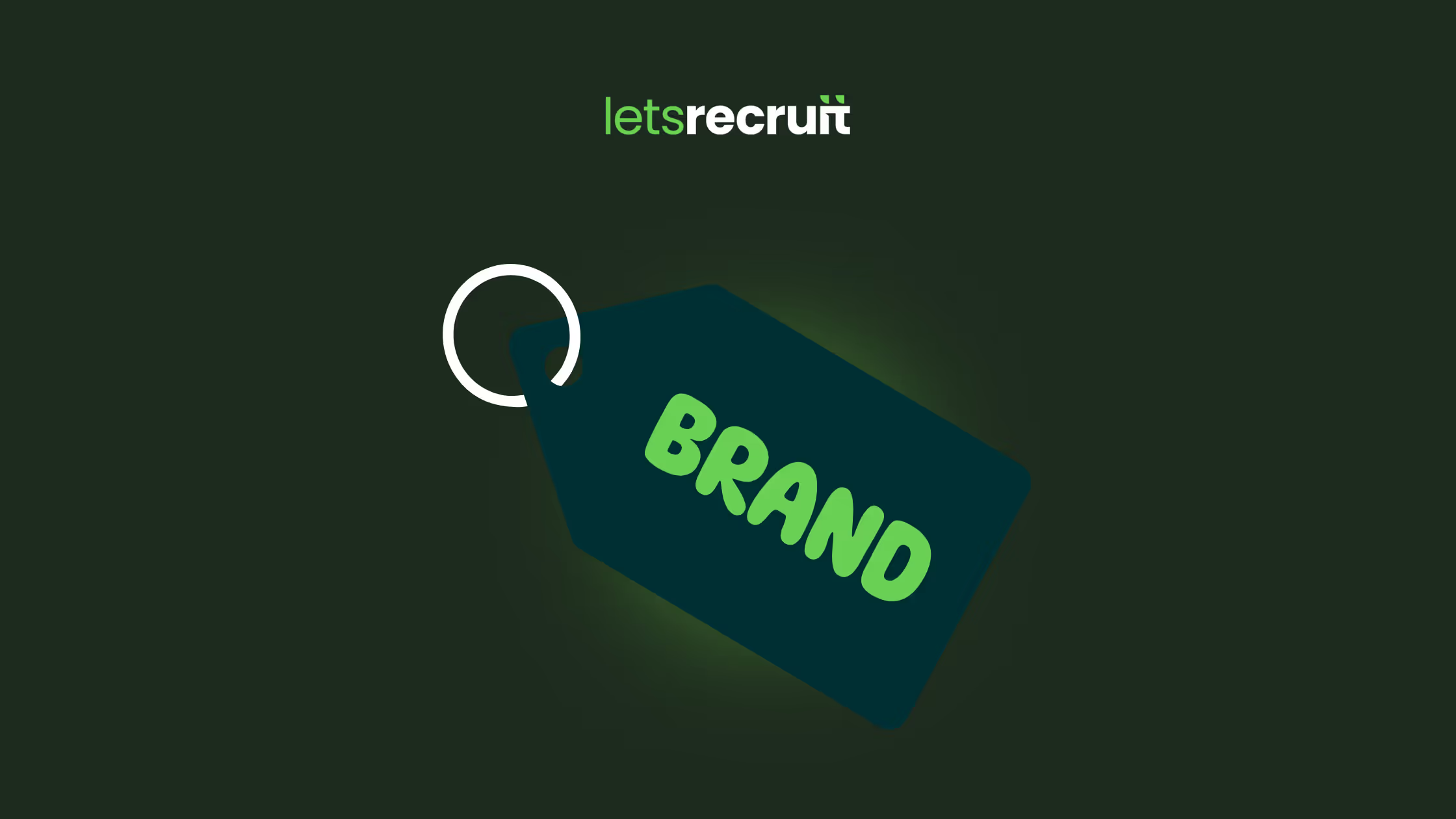We asked our recruitment team about how to prepare for an interview. Our team has spent countless hours preparing and coaching candidates through interviews in the Legal sector.
This was their advice:
Tip 1 - Be 10-15 minutes early for the interview to show enthusiasm.
In an interview scenario, being on time is being late, and being ten to fifteen minutes early is being on time. Getting to the interview this much earlier lets you settle your nerves and collect your thoughts. It also demonstrates that organisation skills and time management are your strong suit.
Tip 2 - Know your CV!
Make sure you know your CV and any questions that could be asked about it. Being able to talk about yourself and your past roles concisely helps the interviewer understand the type of person you are and gives a brief snapshot of your skills and experience.
If you know there is a common area of interest on your CV, a good idea would be to have a response ready when the interviewer asks about that skill or past role/educational milestone.
Tip 3- Research the company.
You would be surprised how many people don't research the company before interviewing with them; the interview works both ways to see if you are a good fit for the company and vice versa. Without researching, you won't know if the company is the right fit for you. Look on their social media pages and websites to get as much context for the role and company as possible.
Knowing the name of the CEO and what the company is looking to achieve in the future makes you look more invested in the role you are applying to and gives you more information to use in the interview. It's a win-win.
Tip 4- Present Well and Dress Professionally
Do as the saying says and dress for the job you want. Looking as professional as possible for your interview isn't always needed for the role; however, it always gives a great impression to the company that you are putting together as and professional person, and this can never work against you in this situation.
Dressing professionally does cost money if you are entering an industry or just your first corporate job, you may not have a wardrobe full of suits and dress shoes to choose from.
Resources are available if you need help affording professional attire. Smart Works is a charity that assists women entering or re-entering the workforce. They offer interview preparation, coaching, and even a capsule wardrobe of professional clothes once you have found a new role.
To learn more about Smart Works, click here.
Tip 5-Prepare answers for commonly asked questions.
For example:
Tell us a bit about yourself.
Talk about your background in education, remaining personal to keep the interview casual and conversational. Then, go into job history briefly, going over the skills you have and the aspects of your career you have most enjoyed so far.
Why do you want to work here?
Be specific about the company and bring in news from the industry if applicable to the answer. Be honest with your interviewer about what applied and attracted you to the role. If you are attempting to enter a new industry, explain the reasons why you want to try something new with your career. If you're moving jobs, talk about the difference in responsibilities from your current role. And why you want to take on more or different responsibilities.
Tip 6 - Use real-world examples
Make sure to use real-world examples when speaking about your skills. The interviewer will ask you questions regarding situations you have dealt with in the past.
Think of a few scenarios in which you felt you performed well. Using real-world examples to present your skills is best for an interview. It highlights that you know the software, skills, or industry with a good understanding of how and where they need to be used.
An effective way to answer these questions is to focus on the STAR answering approach.
STAR – Situation, Task, Action and Results.
For more information on the topic, see the resource here: The STAR method | National Careers Service
Tip 7 - Research the news in the industry.
Research the industry you are applying to be a part of. If you are already in the industry, brush up on the industry news.
If there's new software or any new ways of working, you could talk about showing interest with a more significant scope than the one finite role for which you have applied. Many companies are always looking for ways to develop, and the news in the industry is always a good indication of the next step for a company's development.
Many company websites also have blogs to look at for internal news. Being able to bring this up in conversation at an interview portrays an eagerness to get involved. If the website does not have a blog, look at the company's social media, e.g. LinkedIn, to see what they are posting and talking about.
Tip 8 - Ask Questions at the end of the interview.
Interviewees often forget that an interview is for both parties to get to know each other. For the interviewee, that means getting as much information regarding the position as possible. Some good questions to ask the interviewer are:
- What would my team structure look like?
- What would be the week-to-week expectations for this role?
- What are the expectations for my first six months in the role?
- Why do you like working here? What makes this company different from others?
Tip 9 - Body language is key.
Body language is as important as what you say in an interview. Closed-off body language can come off to the interviewer as standoffish and rude.
Keep your body language open by taking up space, maintain eye contact with the interviewer, and do not cross your arms or make yourself appear smaller in any way.
Try to relax, and your body will follow suit, creating open body language.
In conclusion, nailing an interview is about being prepared, practising, and keeping a positive and welcoming attitude. These nine tips will help you to stand out and put your best foot forward. Remember that every interview is a learning opportunity and a networking opportunity.
For more information on the roles we have available, speak with our Recruitment Director, Sam Bailey.

.avif)


.png)
